Our Team
Passionate. Talented. Dedicated. Experienced.
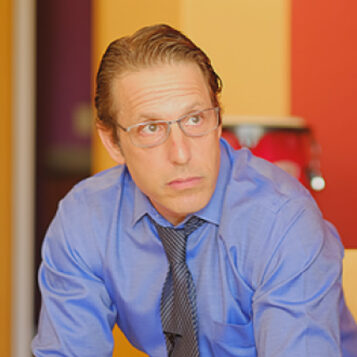
Doug Passon
Doug Passon is a criminal defense lawyer of over twenty years, an award-winning documentary filmmaker and the nationally recognized expert in the field of video sentencing advocacy. His firm produces high-quality sentencing documentaries, day-in-the-life videos, and CLE programs for attorneys across the country.
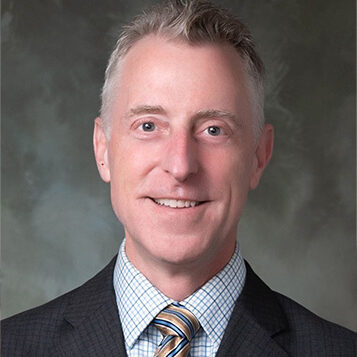
Patrick Barone
Patrick Barone is an innovative Michigan criminal defense lawyer, author and psychodramatist who brings a unique combination of experience, skills, and training to the Set for Sentencing partnership. He has an innate love of story and a passion for creatively discovering and articulating the stories of his clients, both at trial and at sentencing.
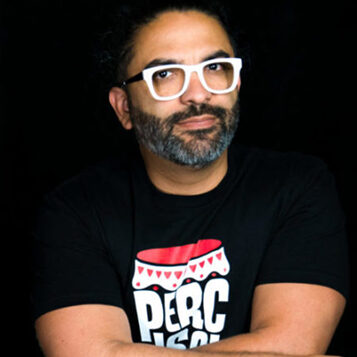
Ali Salcedo
Ali Salcedo is a camera operator, sound recordist, audio editor and musician from Venezuela. He studied film at Scottsdale Community College and has worked as a director of photography for commercials, ads, and short series for the ad agencies Wedgie Media and Ad Zombies. Ali did double duty as Director of Photography and Sound Engineer on Passon’s feature-length documentary, Road to Eden. He lives in Phoenix where he divides his time playing percussion in the local music scene and producing videos for his YouTube channel. He is also a Spanish interpreter and translator who loves to cook and dance.
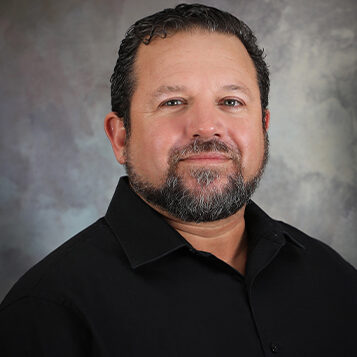
Mark Allenbaugh
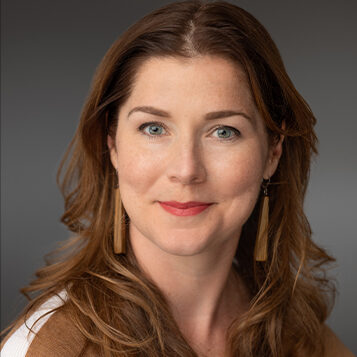
Katie Carter
Katie Carter is a fact investigator, mitigation specialist, and sentencing-filmmaker. A native of Louisiana, Katie was a public defender investigator in New Orleans for 13 years. She has aided in the defense of clients facing everything from marijuana possession to the death penalty in her role as investigator and mitigator, always with an eye for empathy-building. Some of her most creative and effective work has evolved into short documentary film on her client’s lives made for the purpose of sentencing advocacy. Katie believes that when we collectively focus on the conditions that were created to allow a person to fall, we begin to reframe traditional, binary models of guilt vs. innocence and good vs. bad. Rather than rely on a law enforcement-created narrative, her films ask the court to consider crime in its context while affording accused persons the dignity of their own story as they have lived it.

Want to learn more?
Click below to schedule a free 30 minute consultation.
